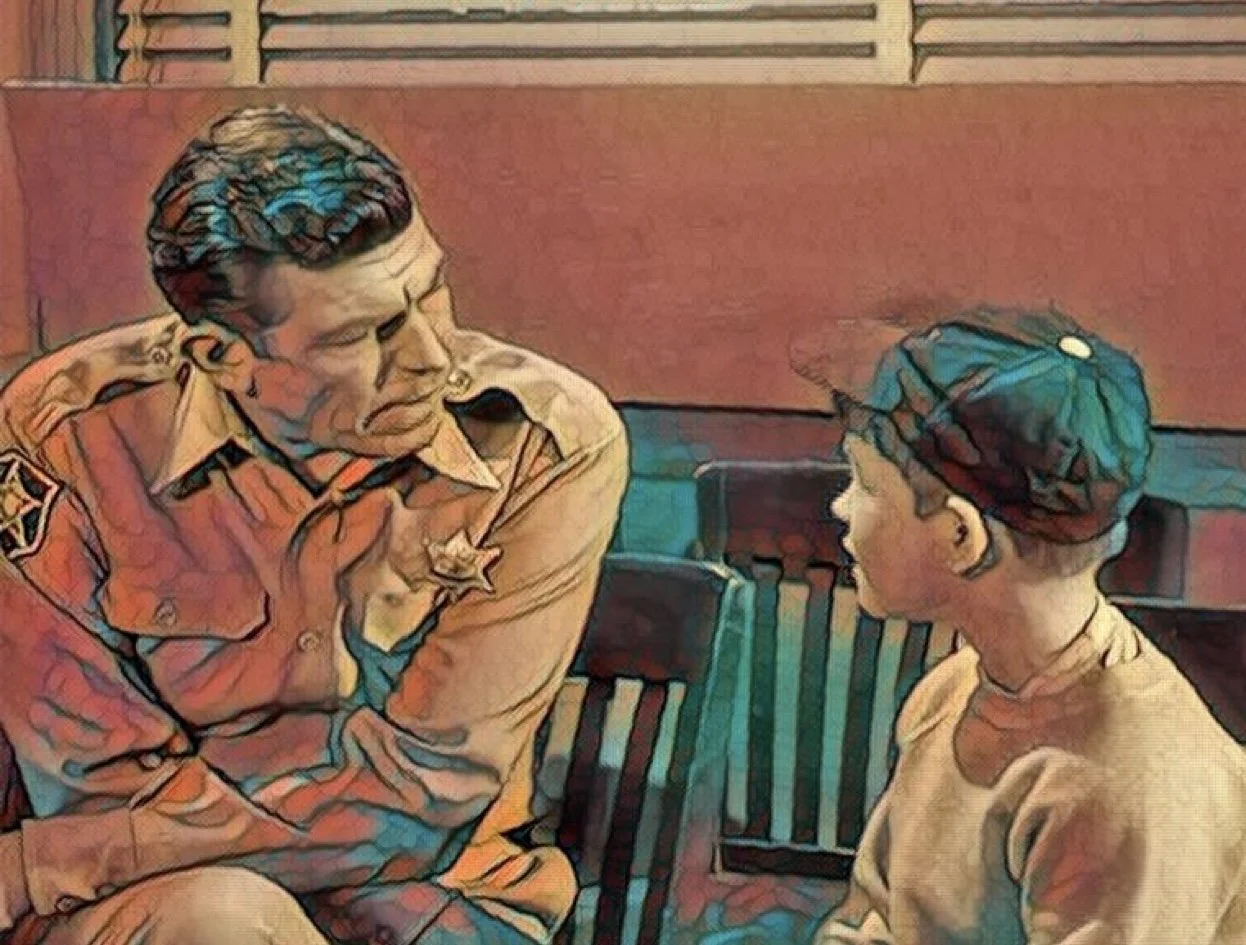The Kindness which Seems Cruel
“If we don’t teach children to live in society today what will happen when they grow up?”
- Andy Taylor, The Andy Griffith Show (Season 3, Episode 21)
Recognizing your team for their hard work is essential. It builds trust, boosts morale, and creates a culture where people want to give their best. However, holding people accountable when they fall short is just as important, but is often avoided.
Many avoid confrontation. They fear difficult conversations and sometimes try to inspire better performance with unearned praise or rewards. This rarely works because it blurs the line between rights and rewards. In truth, accountability is one of the most important acts of leadership. It might feel harsh, but it’s what I call a kindness, which seems cruel.
When I was a senior in high school, my grandmother, who helped raise me, passed away. I was devastated. Most of my teachers were sympathetic. They postponed due dates and rescheduled tests to give me space to grieve. All of them, save one: Mr. Grills, my art instructor.
I had a major project due in his class. When I didn’t have it ready, I told him about my grandmother. He gently touched my shoulder and said, “Yes, I understand. But life goes on.”
At first, I thought he was cold, but I soon realized that he had a deeper kind of compassion. The other teachers meant well, but they let me linger in my grief. Mr. Grills gave me a gift, the strength to keep moving forward even when life hurts.
The same principle applies to leadership. When we correct someone, we’re not punishing them but guiding them. We issue discipline not for our sake but for theirs, to help them develop the strength, resilience, and internal discipline they’ll need when we are no longer around to lead them.
Overlooking their transgressions may feel like you are showing them a kindness, but it’s cruel.
Genuine kindness is sometimes uncomfortable. But it’s also what helps people grow.
